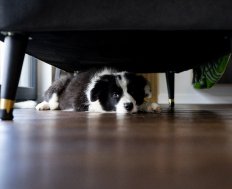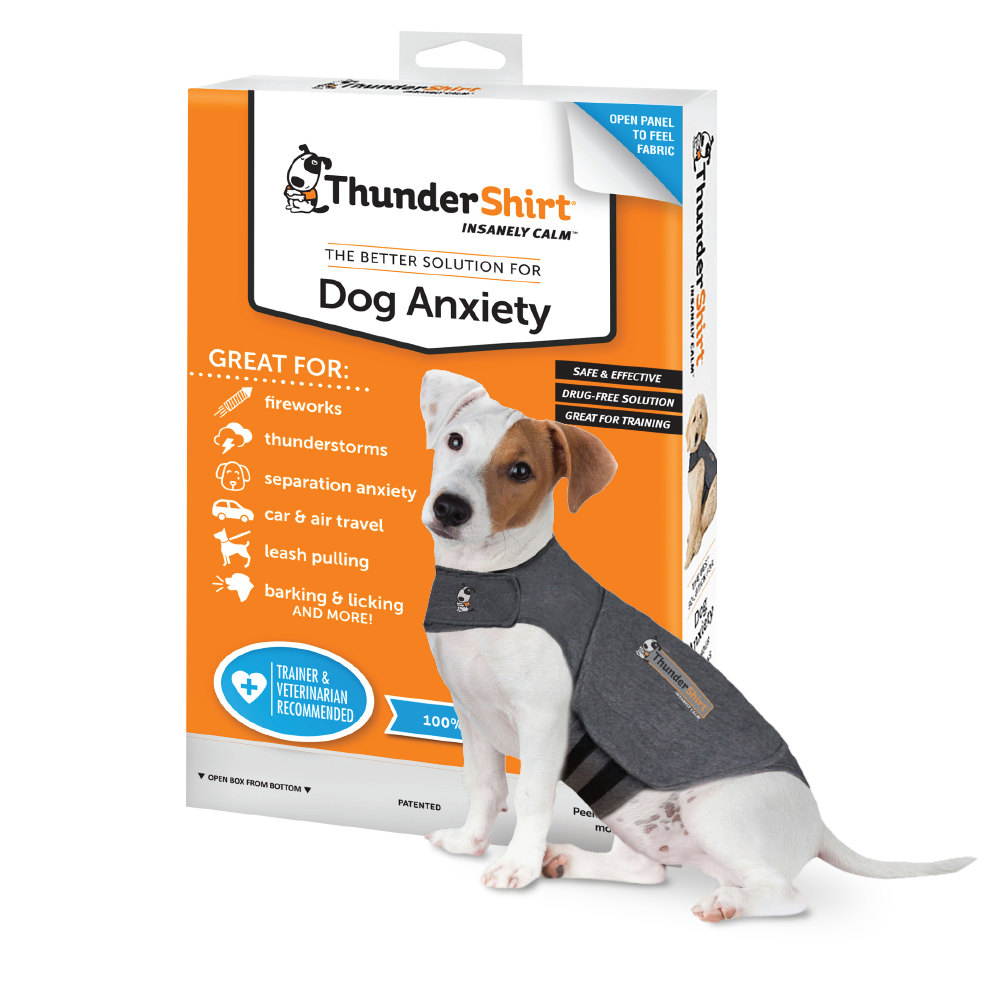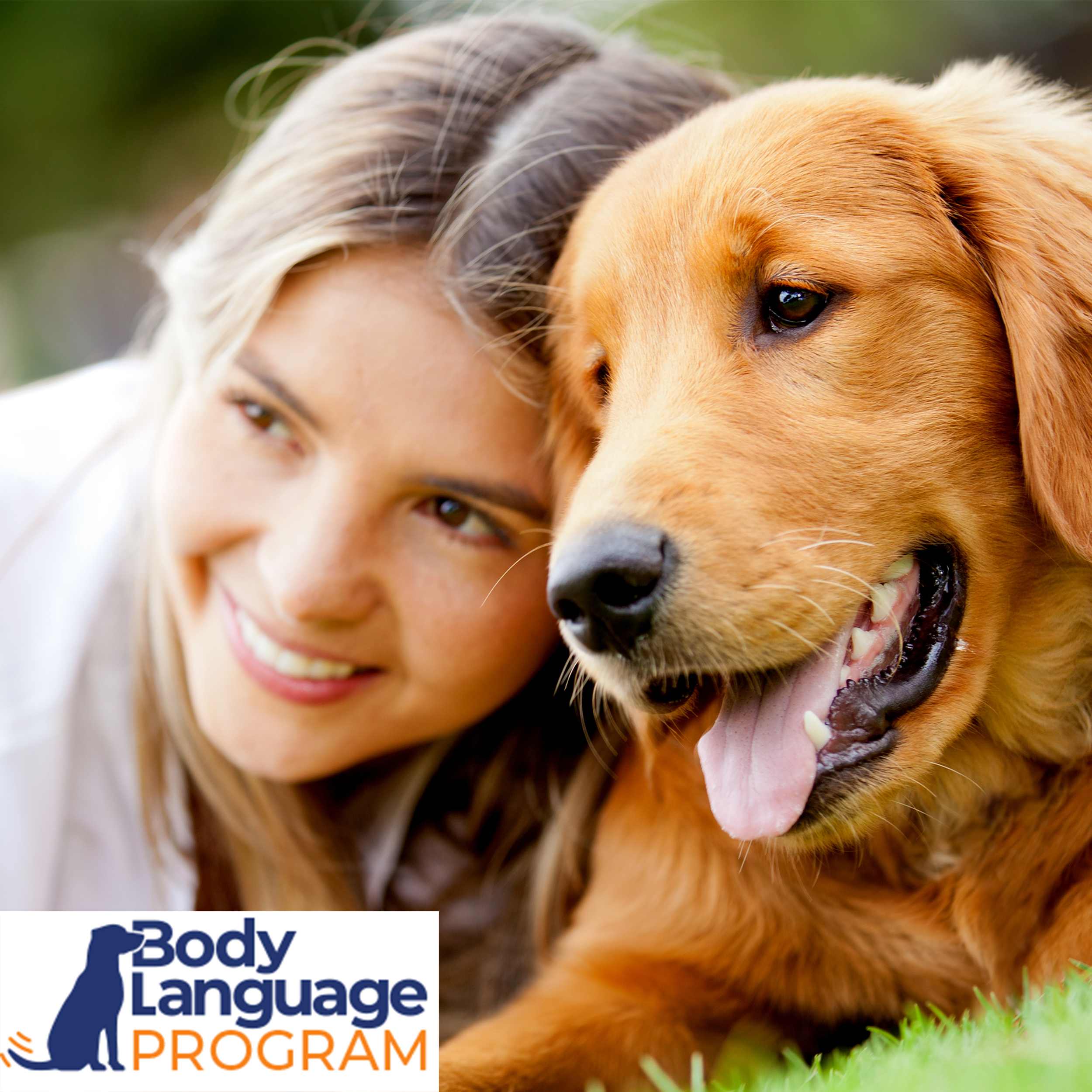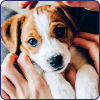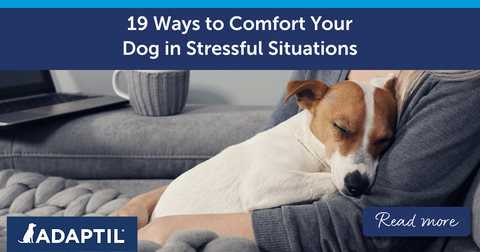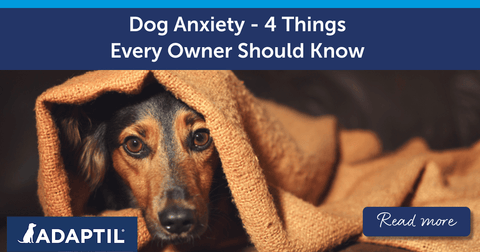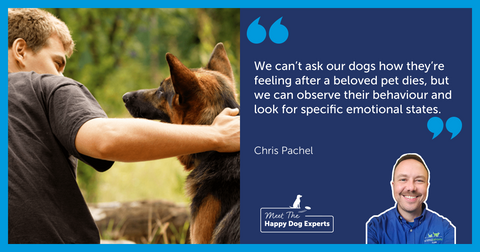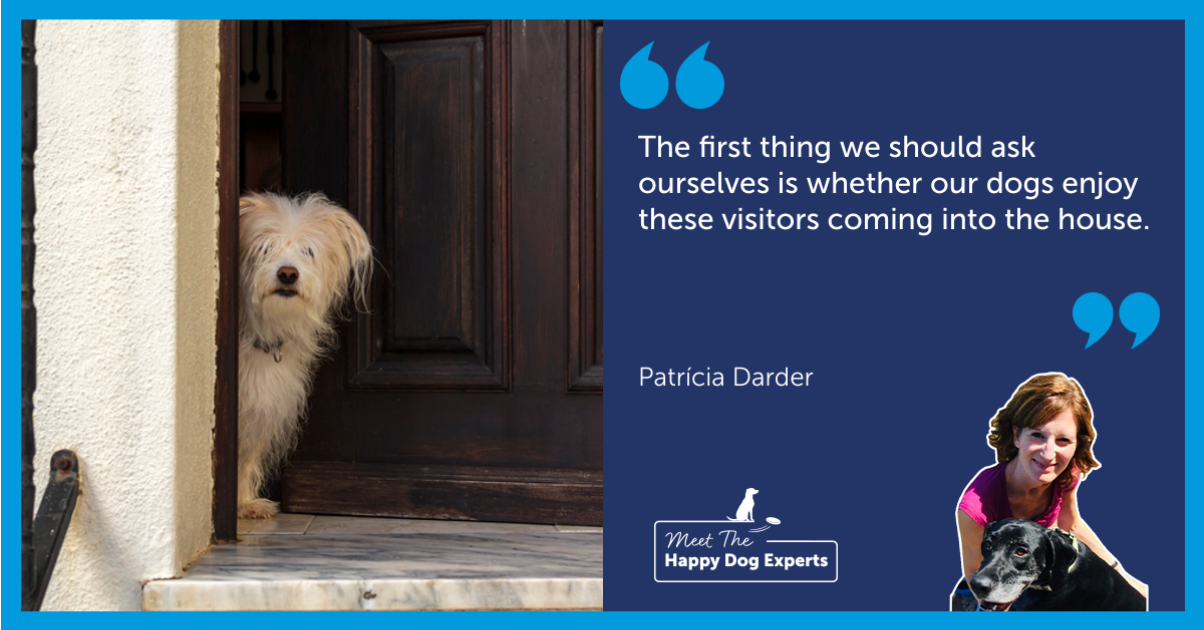
Helping Your Dog with Visitors: Happy Dog Expert Explains
Is your dog overexcited with visitors? Do they bark every time you have guests at home, or greet them rudely by jumping on them? We’re going to look at some useful tips on teaching your dog to greet visitors and behave more politely when they come into the house.
By Happy Dog Expert, Patrícia Darder
Does Your Dog Like or Dislike Visitors?
Some dogs are very happy whenever they receive visitors at home. They enjoy their stay and, in many cases, they even interact with their guests by looking for play and attention.
However, in other cases, dogs can perceive the entry of people into their house as a negative. In these situations, they will often show signs of rejection including:
- avoidance
- running away
- barking
- or even attempts to attack
The most frequent situation, however, is usually a mixture of the two. Dogs can often show different behaviours depending on whether the people entering the house are known to your dog – such as family members and friends – or are unknown – delivery people, tradesmen, and so on.
How to recognise what your dog’s behaviour means
Perhaps unsurprisingly, dogs tend to show affiliative signals towards people who are familiar to them. For example, they might adopt a friendly approach or seek physical contact with a familiar visitor. In contrast, they may react negatively to strangers. This can take the form of barking, growling, or even fearful postures.
This difference in your dog’s behaviour is generally to be expected. In fact, it can be quite logical if we take into account that a dog may perceive the entry of "strangers" into the area where they feel most secure and protected (their home) as a threatening situation. Meeting people from the family environment, on the other hand, will usually be a reason for joy.
Why Are Some Dogs More Reactive to Guests than Others?
There are several factors that can influence the range of a dog's liking or disliking of guests, of which we will mention the three main ones.
Temperament
Temperament refers to a dog’s innate way of being. This will determine individual traits such as their degree of sociability (their interest and desire for contact with people), their degree of daring, or their tendency to fear new stimuli (such as an unfamiliar person).
Socialisation
Another important factor is the level of socialisation acquired towards people. This refers to a dog’s level of comfort in the presence of people in their home, built up through experiences in the early stages of their life. According to this, a dog that is properly socialised towards people will tend to be more accepting of entry and contact when people enter their house. In contrast, a poorly socialised dog is likely to show a greater fear and rejection of them.
Learning
The third most relevant factor is learning. This refers to the possible associations – both positive and negative – that a dog may have made towards people throughout their life and through different experiences.

What Can I Do to Improve My Dog's Reception of Guests at Home?
If your dog is reactive to visitors, the first thing we should ask ourselves is whether our dogs enjoy these visitors coming into the house. This should affect how much we expose our dogs to visitors. For example, if your dog has a bad time, is fearful, or becomes nervous or aggressive while visitors are around, we should consider keeping them separated at that initial moment.
On the other hand, if your dog loves to receive visitors, we should not deprive them of this situation. That being said, we should still control their behaviour if they are very abrupt or effusive. For example, if your dog is jumping on guests, we should still prevent this behaviour by using their leash.

Teaching Dogs to Greet Visitors Appropriately
Other actions that we can implement to encourage appropriate behaviour when visitors arrive include:
- Make a Calm Entrance: Try to avoid your visitors speaking in a loud tone of voice, making large gestures, or other actions that may excite or frighten your dog. The attitude of people as they first enter your home, as well as our own behaviour, will greatly influence your dog's reaction.
- Keep Your Dog on a Leash: If your dog jumps on guests when they arrive, try to anticipate their arrival and keep your dog on a leash. This way, we can give distance and avoid jumping up in these first moments. Once your visitors have entered, your dog will probably calm down and will then be less likely to jump up on people, at which point they can be released.
- Reward Positive Behaviour: Be sure to congratulate your dog if they behave appropriately, such as if they greet without jumping on people, if they don’t bark, and if they generally show a calm attitude.
- Avoid Punishment: Do not scold or punish your dog. If we do, they are more likely to become nervous and we could also facilitate negative associations with people.
- Don’t Force Interaction: If your dog is afraid of people and prefers not to approach them, you should avoid forcing this interaction. Instead, make it easier for your dog to hide or isolate themselves in a room or area of the house where they can feel calm. Guests should also be instructed to ignore your dog.
- Make Introductions Outside: Finally, if your dog is overexcited with guests and reacts by barking or showing signs of overt aggression, it is advisable to make introductions outside the house. For example, this could be in the street nearby, telling visitors not to greet your dog initially and to be calm around them. Similarly, before entering the house, a short walk together can be useful to facilitate habituation and relax your dog in the presence of the stranger.
Would you like to receive more specialist and expert advice from our team of Happy Dog Experts? Make sure to explore our full range of articles online. You can also get in touch to ask any questions, or stay informed with our latest tips, advice, and Q&As by signing up to our newsletter.


